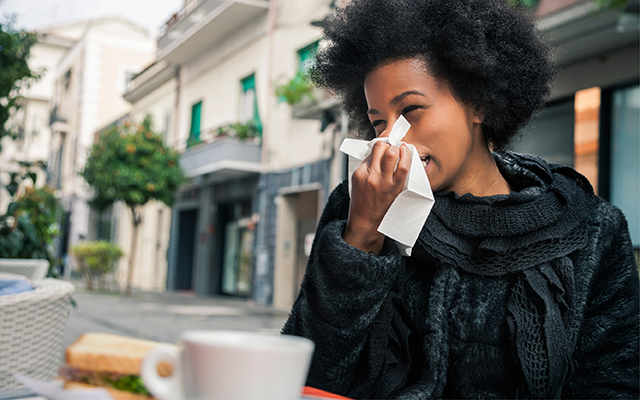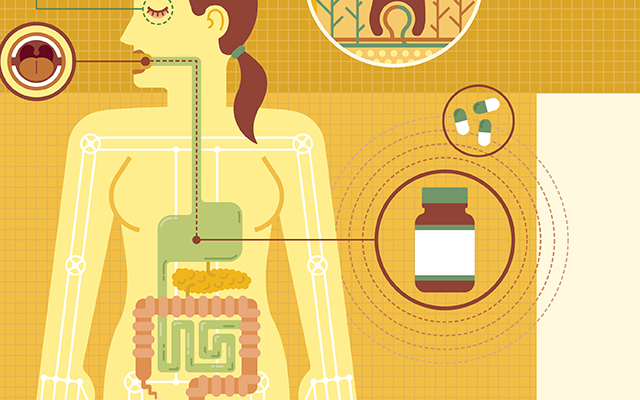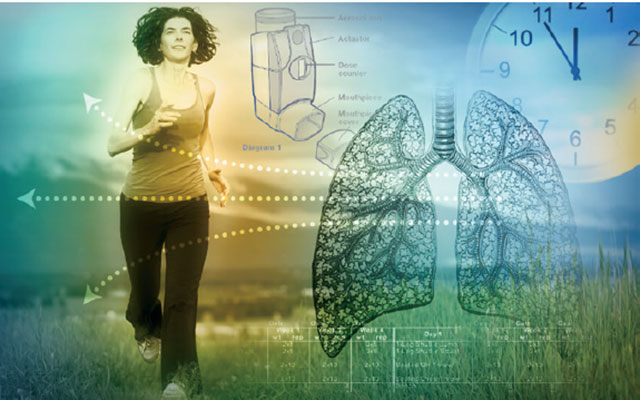As a health journalist who sometimes feels like I’ve heard everything about inflammation and the microbiome and leaky gut syndrome twice already, I’m regularly astonished by how much I learn at the Integrative Health Symposium, where hundreds of health practitioners meet annually in New York City to discuss advances in integrative healthcare.
For example, here’s what I learned about allergies:
Allergies are on the rise, affecting 30 to 50 percent of the general population.
Allergies have risen from 10 percent of the general population in the 1970s to somewhere between 30 and 50 percent today, according to New York City–based integrative physician Leo Galland, MD. In his view, we can attribute this trend, at least partly, to the increase in environmental pollutants that act as “allergic sensitizers,” making the body more susceptible to allergic reactivity.
These sensitizers are not just emissions from factories and cars, but formaldehyde in furniture and fragrances in cleaning products. He mentioned a study at the University of California that linked synthetic air fresheners to increased asthma risk. The herbicide glyphosate, an ingredient in the most widely used weed killer, has been linked to celiac disease, the most severe form of gluten allergy.
Why This Matters
While allergies may not seem as serious as some other health conditions, Galland pointed out that their impact can be grave. Pollen allergies can affect the brain in the same way as two alcoholic drinks. Every two hours, he noted, someone dies from asthma.
In Galland’s view, it’s critical that polluters be held to account for these health risks. He believes the hygiene hypothesis, which attributes the worldwide rise in allergies to overly clean environments, is faulty because it’s those children who are exposed to the most pollution who have the greatest asthma risk. “The problem is not cleanliness,” he said, “but chemicals.”
What You Can Do
Galland helps his patients manage their allergies with a diet designed to restore gut health and immune function.
He outlines a “power-wash” diet in his new book, The Allergy Solution:
- Include plenty of flavonoids from brightly colored berries, turmeric, and parsley.
- Consume a cup or more of oolong tea daily.
- Emphasize dietary diversity, since dramatic food restrictions can reduce microbial diversity and harm the gut.
He also recommended avoiding chemical household cleaners and synthetic air fresheners, and to clean with baking soda, vinegar, and soap and water instead. (Find DIY recipes in “8 Hidden Toxins: What’s Lurking in Your Cleaning Products?”)
“Odors convey information, often that something needs attention,” Galland said of air fresheners. In other words, don’t kill the messenger. Just clean it up.




This Post Has 0 Comments